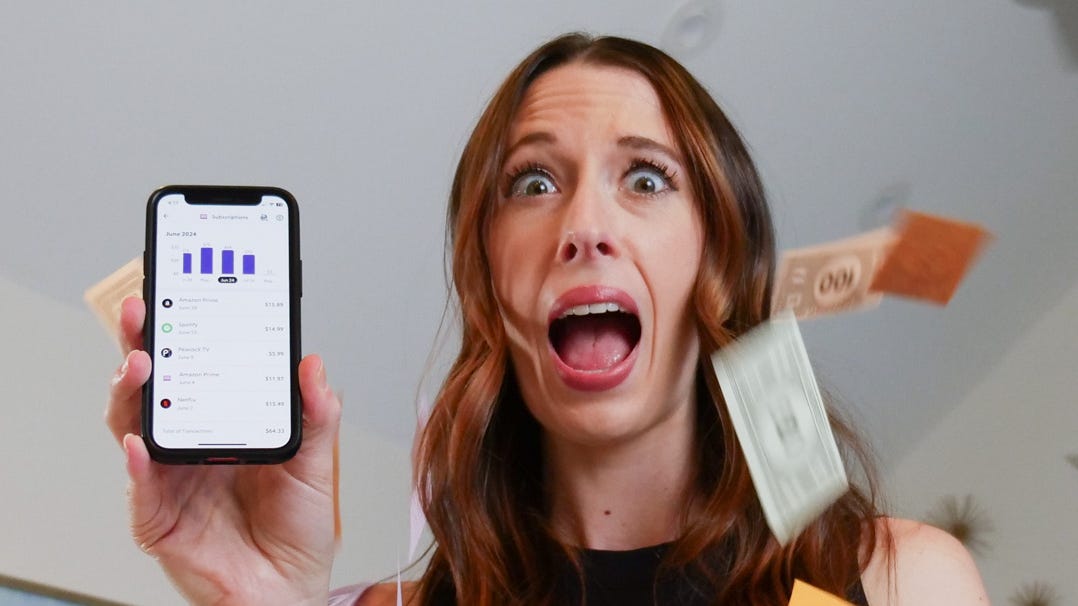A court just canceled 'click to cancel.' How the ruling affects you.

A federal appeals court blocked a new rule that would have forced businesses to make it easier to cancel unwanted subscriptions and memberships.
The U.S. Court of Appeals for the 8th Circuit struck down the Federal Trade Commission rule just days before it was set to take effect, saying “fatal” procedural errors were made in the rulemaking process.
The FTC declined to comment.
Announced in October, the “click to cancel” rule would have required businesses to make it as “at least as easy” to cancel a service as it was to sign up. Also, businesses would have had to get consent for subscriptions, auto-renewals and free trials that convert to paid memberships.
The rule, which was part of a Biden administration “Time is Money” initiative to crack down on “junk fees” and other consumer headaches, passed 3-2, with the FTC's two Republican commissioners voting against it.
“We know signing up for subscriptions is so easy, it is miraculous. That is why we know that the difficulty of cancellation is not an accident. It is a choice. And it's a choice that's causing real harm to consumers,” Samuel Levine, former director of the FTC’s Bureau of Consumer Protection, told Paste BN last year.
Consumer groups applauded the new rule as a much needed protection for consumers who get stuck paying for services they no longer want. In 2024, the FTC said it received an average of 70 complaints a day.
But click to cancel” soon faced mounting political and legal challenges.
Andrew Ferguson, a Republican and the new FCC chairman, voted against “click to cancel” as an FTC commissioner.
The rule was also opposed by business groups like the U.S. Chamber of Commerce, which sued, arguing the FTC had exceeded its statutory authority and that the rule would unfairly saddle businesses with high costs and unnecessary regulatory hurdles.
"The court ruled that federal agencies must follow the rulemaking process, including conducting a thorough analysis of how much proposed regulations will cost consumers and businesses," the Chamber of Commerce said in a statement. "The decision provides a safeguard against rushed rulemaking and reinforces the importance of agencies addressing public concerns.”
Erin Witte, director of consumer protection for the Consumer Federation of America, said the court's decision was "yet another handout to the corporations who did everything they could to keep harming consumers and kill this rule."
“The Click to Cancel Rule was a straightforward, common-sense approach that gave Americans the power to break up with their subscriptions without having to jump through ridiculous hoops," Witte said. "Subscription traps let massive companies profit at the expense of Americans who simply want the freedom to choose where they spend their money.”
Teresa Murray, consumer watchdog director for the Public Interest Research Group, pointed to a silver lining in the long delay caused by the legal proceedings. Anticipating the rule would take effect and with similar rules in some states, many companies changed their cancellation policies months ago, she said.
"We think it's unlikely that companies that already made changes to their websites and interfaces would revert to their old ways, at least in the short term," Murray said. "We also believe that many businesses realized that the bar for compliance was pretty low: Make it as easy for customers to cancel a subscription or recurring purchase as it was for them to sign up. And be transparent about the costs, cancellation deadlines and other basic details. That sounds like good business."
(This story was updated to add new information.)